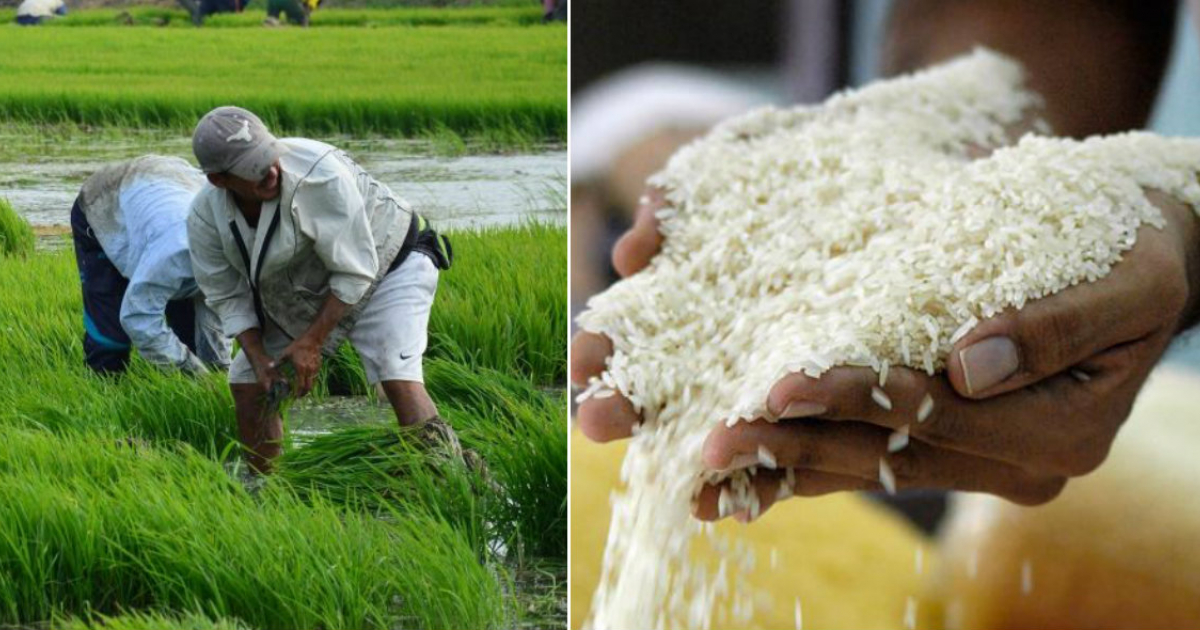
Rice producers in Colombia want to export to Cuba, a country that has a high demand for a food considered basic in the Cuban diet.
Data from the Colombian Ministry of Agriculture indicate that the potential export to Cuba and four other Latin American destinations: Peru, Chile, Mexico and Ecuador, would benefit nearly 20 thousand Colombians who produce the cereal.
And press media of that South American nation figure in just over a million dollars the price of a ton of cereal, which Cuba currently imports mainly from Asian countries, according to the Minister of Internal Trade of Cuba recently.
It is not the first time that Colombia tries to export rice to Cuba, within the framework of AgroexpoIn mid-2017, the Vice Minister of Agricultural Affairs of Colombia met with the Cuban delegation to discuss issues of agricultural interest, especially to analyze the possibility of exporting rice to the Island.
The average consumption of rice in Cuba is more than 70 kilograms per person per year, one of the highest in the world, according to data cited by Cubadebate.
Betsy Díaz Velázquez, Minister of Internal Trade, specified in the Round table this Tuesday that the issue of food shortages that is hitting the Island - from which rice does not escape - has led to measures to regulate the sale as a form of "temporary" solution to the problem.
Regarding rice, the minister said that despite some specific crisis in the sale released in provinces such as Camagüey, Holguín, Guantánamo and Matanzas, in Cuba "there is no shortage of rice."
In this sense, he said that “imports” of the cereal are assured, since they are of Asian origin and have nothing to do with the United States. He did not mention the possibility of importing Colombian rice.
However, he specified that the decision that rice is included among the regulated products is due to the need to maintain constant "observance" and "monitoring" to control its sale, and thus ensure that it does not become scarce in no moment.
He also explained that in territories where food or bread have been scarce, rice consumption has skyrocketed, which has created an imbalance in consumption.
What do you think?
COMMENTFiled in: